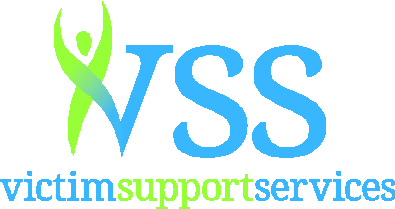June is Elder Abuse Awareness Month
Elders are targets of being victims of financial fraud and identity theft. They are attractive targets to the perpetrators because elders are likely to have disabilities that make them dependent on others for help, severely impaired individuals are also less likely to take action against their abusers because of a result of embarrassment or health issues, technology advances have made managing finances more difficult and some are uneducated about their financial matters.
Financial abuse spans a broad spectrum including:
- Taking money or property
- Forging an elder’s signature
- Getting an elder to sign a deed, will or power of attorney through deception or undue influence
- Using property or possessions without permission
- Telemarketing scams
- Promising lifelong care in exchange for money
- Scams or fraudulent, deceptive acts
Unfortunately a lot of times family members are the perpetrators especially if they have substance abuse, gambling or financial problems. They may also have a negative relationship or negative feelings toward them, or may stand to feel “justified’ in taking what they believe is “almost” or “rightfully” theirs. Predatory individuals also seek out vulnerable seniors with the intent of exploiting them, take advantage of elders that are isolated and live alone, target recently widowed individuals or will seek employment to gain access to their funds. Business professionals also take advantage of elders by overcharging for services, use deceptive or unfair business practices and use their positions to gain trust from the vulnerable adult.
If you are an older adult or do you know one who…
- Is socially isolated, depressed or lonely?
- Has experienced a change in the ability for self-care?
- Depends on someone to provide everyday care?
- Is uncomfortable with the person providing care?
- Has recently lost a loved one, such as spouse?
- Is financially responsible for an adult child or spouse?
- Has given Power of Attorney to someone else to manage his or her finances?
These are all red flags to look out for. To know when to get help, talk with your healthcare provider, or someone you trust if you or someone you know:
- Runs out of money at the end of the month
- Worries about financial decisions made
- Has trouble paying bills due to confusion
- No longer confident making financial decisions alone
- Gives loans or donations out of financial means
- Children pressure parents to give them money or they will change the will
- Someone is accessing your accounts and money is disappearing
- You can’t reach your financial adviser
If you become a victim of identity theft, do the following:
- Contact your financial institution
- Close the account
- Place a fraud alert on your credit reports – Equifax: 1-800-525-6285, Experian: 1-888-EXPERIAN, TransUnion: 1-800-680-7289
- File a police report
- File a complaint with the Washington AG’s office at http://www.atg.wa.gov/FileAComplaint.aspx
- File a complaint with the Internet Crime Complaint Center at http://www.ic3.gov
- Get more information at www.crimevictims.gov
Additional Resources
FTC www.ftc.gov/idtheft/
On Guard Online www.onguardonline.gov
DFI www.dfi.wa.gov/consumers/campaigns.htm
Financial Fraud Enforcement Task Force www.StopFraud.gov
